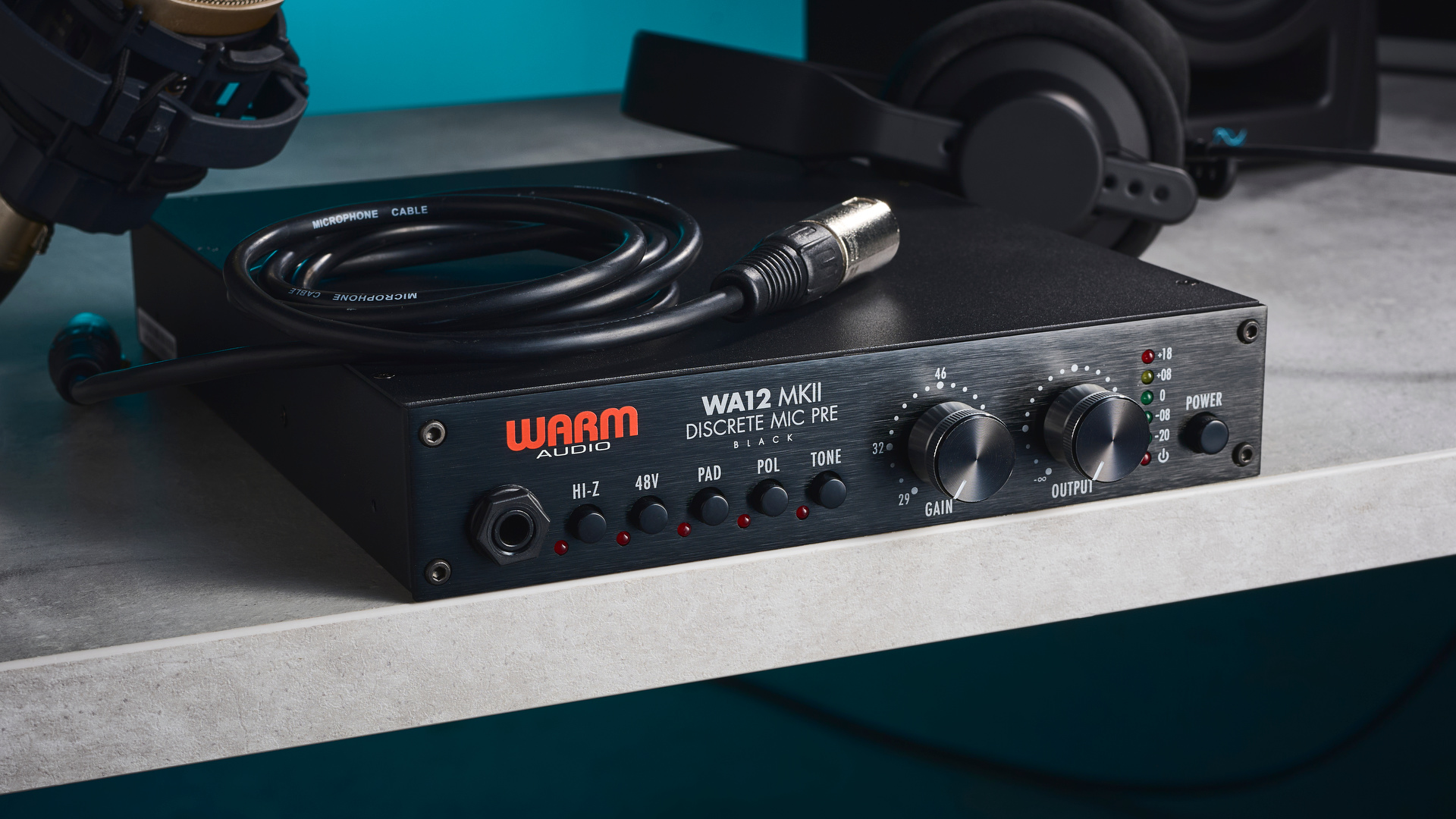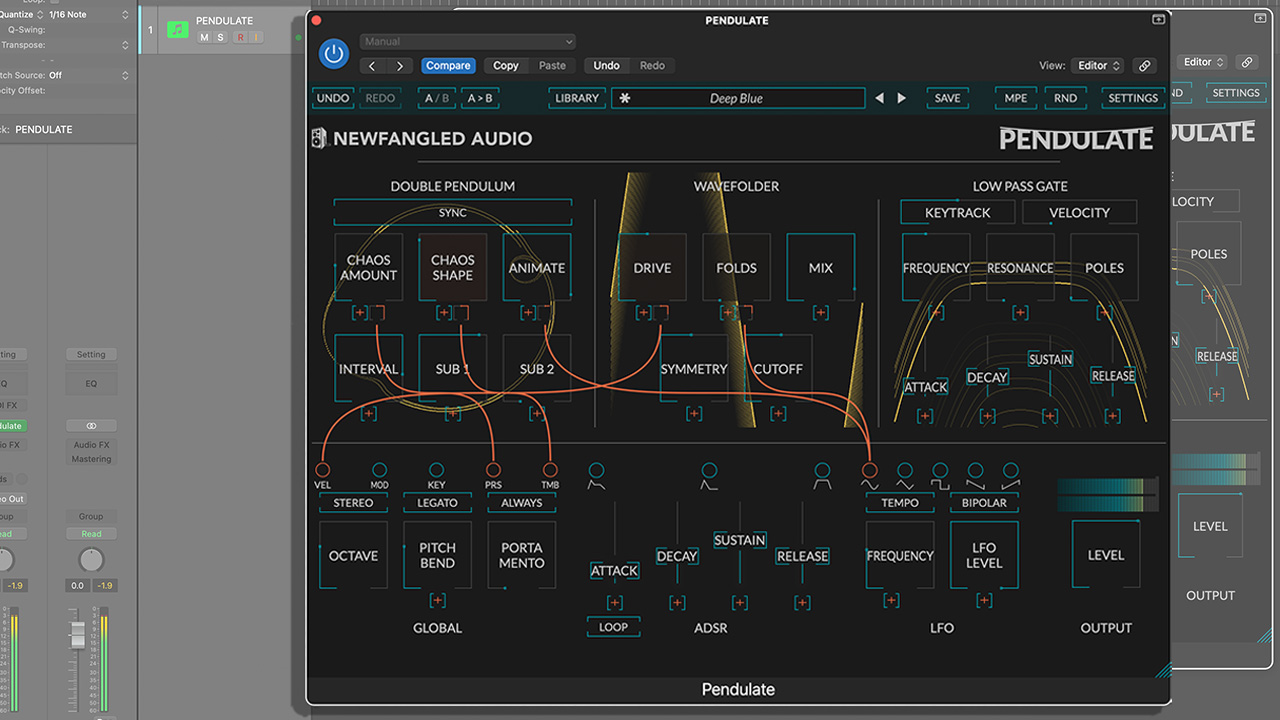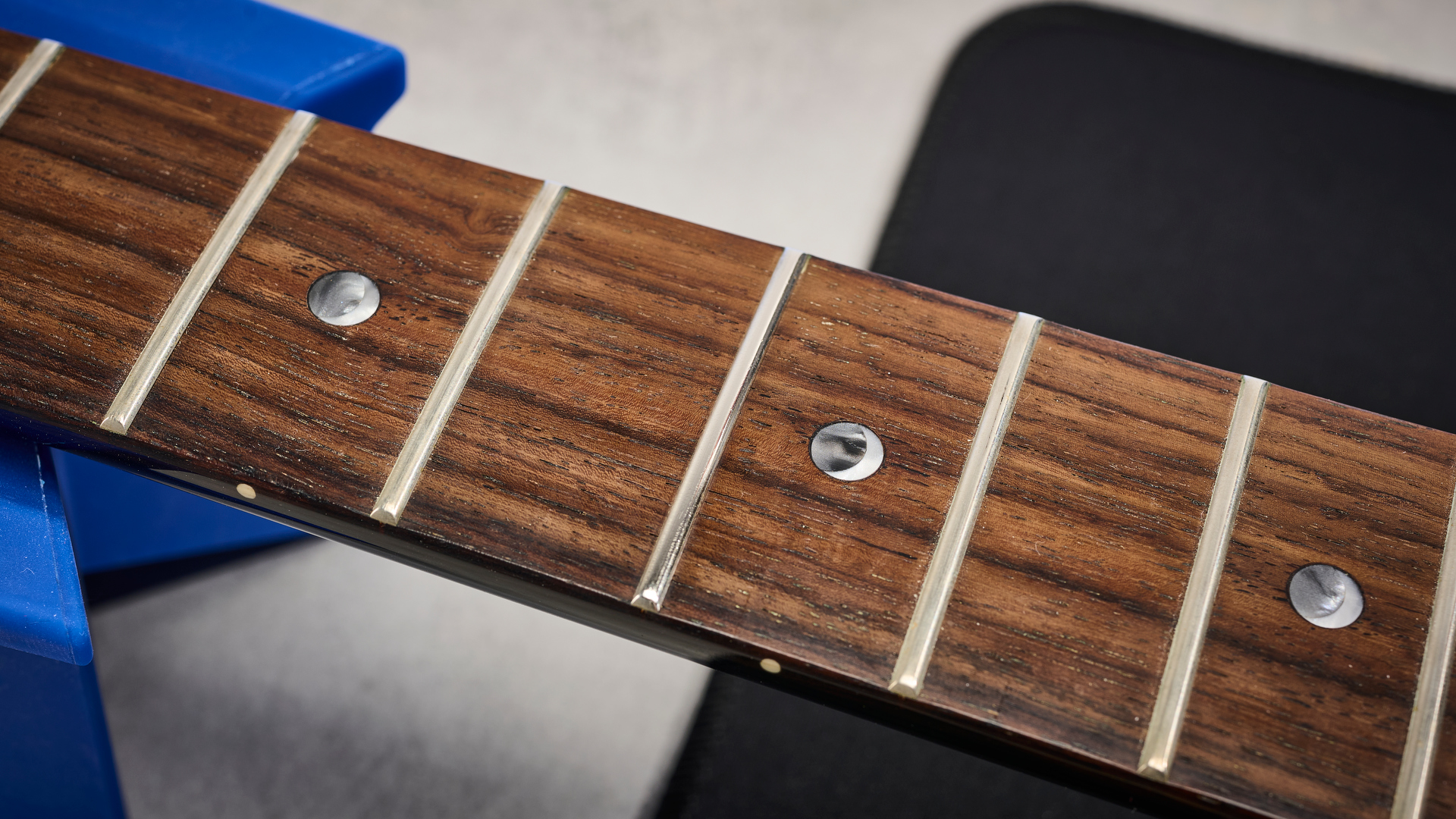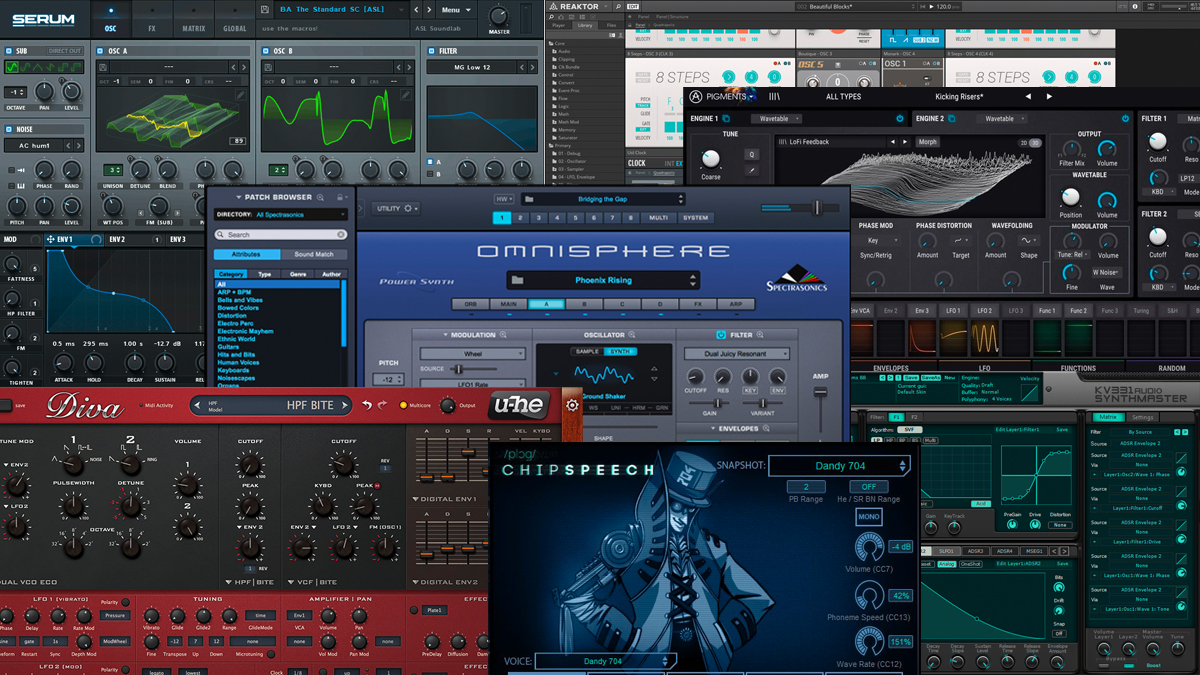Video lesson: a mode is not a scale!
A new perspective for guitarists to approach modes
In this week's video lesson Guitar Mastery's Claus Levin is introducing us to modes and what they mean for guitarists…
Music theory is sometimes taught in the weirdest of ways and modes are a perfect example.
We are taught that a mode is a scale; 'The major scale has seven different modes', the explanation goes. and then we are showed seven versions of the same scale starting on each one of its seven notes.
-----------------------------------------------------
This exclusive MusicRadar video lesson is brought to you in association with our friends at Guitarmastery.net. Check out their site for more lessons and courses.
-----------------------------------------------------
A different perspective
A mode is not a scale. How could it be? It's a sound
So does that mean that the same seven notes of any major scale somehow becomes a different thing depending on what note we start on?
And how is this relevant to anything? Where is this useful?
When we play solos and improvise we shuffle the notes around of any scale and rarely play from one note in the scale up to the octave and back again... We use the scale as a pool of notes from which we can choose and not as a string of notes played one after the other in an ascending or descending direction.
So what is a mode really and is this part of music theory useful or applicable to anything practical? It actually is but we need to look at modes from a completely different perspective. A mode is not a scale. How could it be? It's a sound...
Check out the video above to find out why!
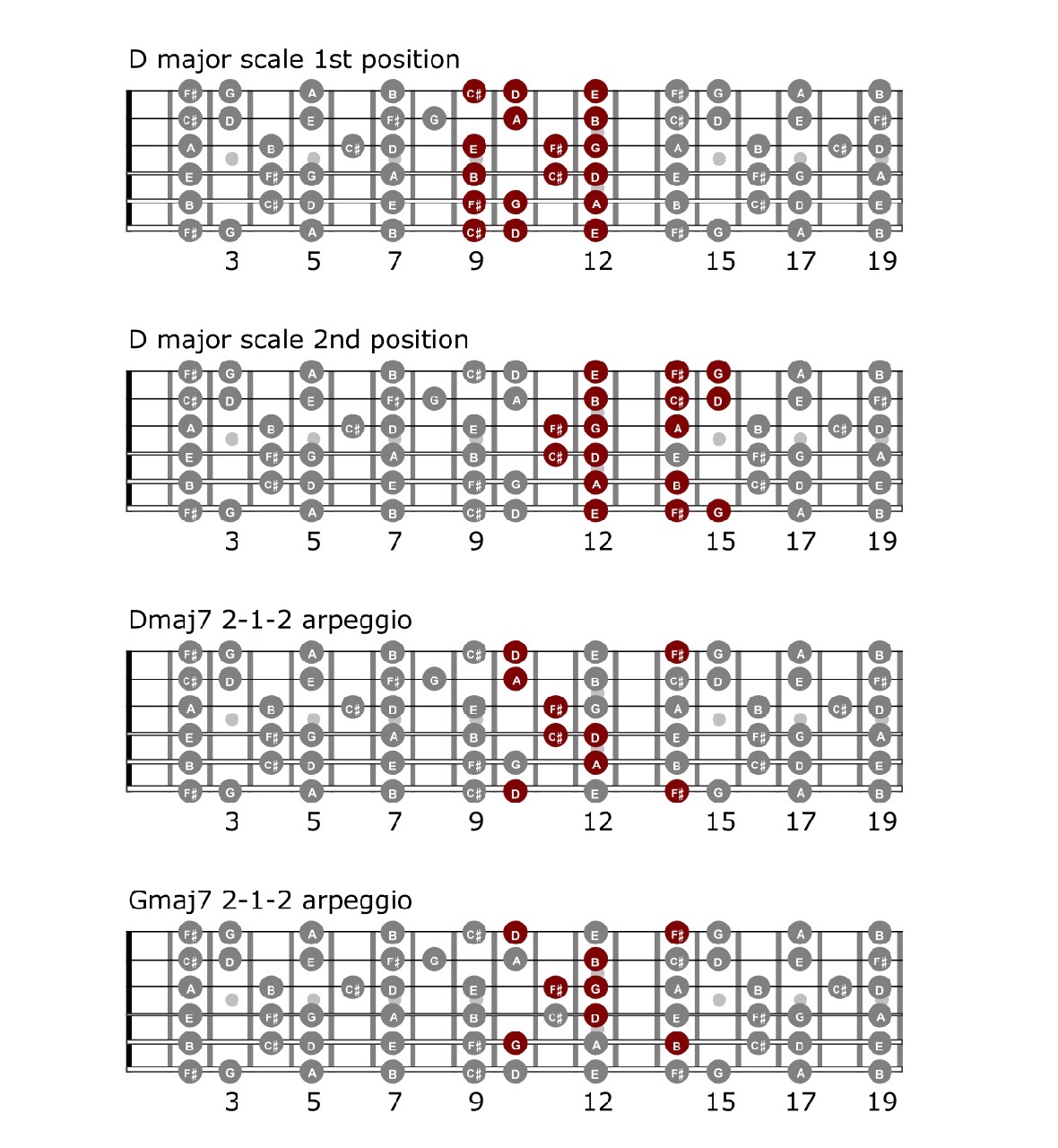
- Check out the previous lessons in this series:
Your #1 missing skill, My number one favourite pentatonic shape of all time, The magic of the pentatonic double-note shape, Super-easy ways to use advanced scale shapes to spice up your playing.
Get the MusicRadar Newsletter
Want all the hottest music and gear news, reviews, deals, features and more, direct to your inbox? Sign up here.
MusicRadar is the number one website for music-makers of all kinds, be they guitarists, drummers, keyboard players, DJs or producers...
- GEAR: We help musicians find the best gear with top-ranking gear round-ups and high-quality, authoritative reviews by a wide team of highly experienced experts.
- TIPS: We also provide tuition, from bite-sized tips to advanced work-outs and guidance from recognised musicians and stars.
- STARS: We talk to musicians and stars about their creative processes, and the nuts and bolts of their gear and technique. We give fans an insight into the craft of music-making that no other music website can.




